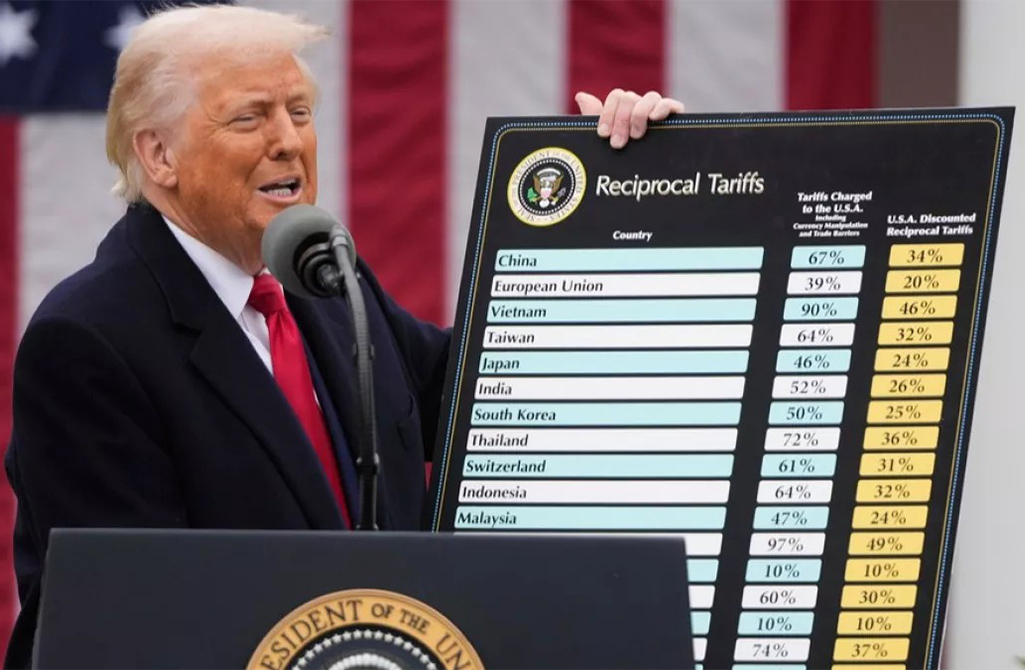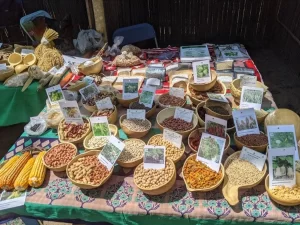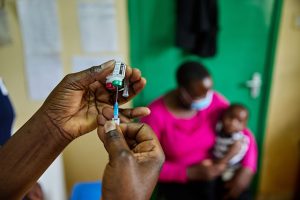Togo : U.S. Customs, what future for Togolese exports after tariff hikes?

On April 2, 2025, U.S. President Donald Trump announced the implementation of new tariffs on imports from several African countries, including Togo. Starting April 5, Togolese exports will be subject to a 10% base tariff, which could significantly impact trade between the two nations, particularly in the agricultural sector. Key Togolese exports to the U.S., such as coffee, cocoa, shea butter, and soybeans, will be especially affected by this measure.
This decision could slow the growth of Togolese exports to the American market. In recent years, these exports have seen remarkable growth, rising from $20 million in 2021 to over $97 million in 2024, according to COMTRADE, the United Nations’ international trade database. However, these new tariffs could disrupt this positive trend.
The textile sector may also feel the impact. In 2024, Togo began exporting garments from the Adétikopé Industrial Platform (PIA) to the U.S., but this new tariff policy could hinder this momentum.
However, compared to other African countries, Togo is relatively less affected by the measure. With a 10% tariff, it faces a lighter penalty than nations like Lesotho, which is subject to a 50% tariff increase.
This announcement comes at a time when the future of the African Growth and Opportunity Act (AGOA), a trade program between the U.S. and select African countries, remains uncertain. With AGOA set to expire in September 2025, discussions about its renewal are ongoing. While many African nations are advocating for its extension, Trump’s tariff decision could complicate negotiations.
In this context, Togo may seek to diversify its trade partnerships by strengthening ties with China, which has eliminated tariffs on 98% of Togolese products since September 2022.











